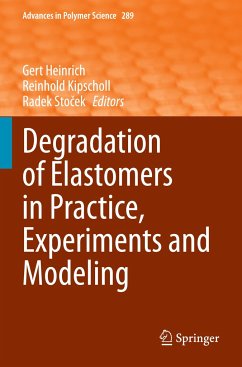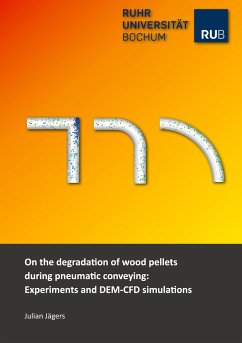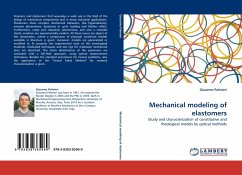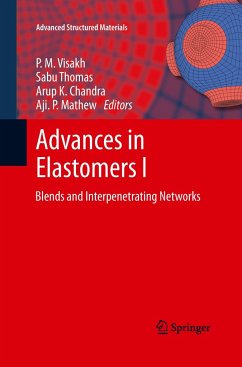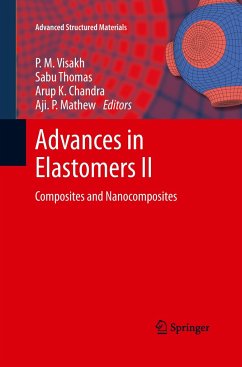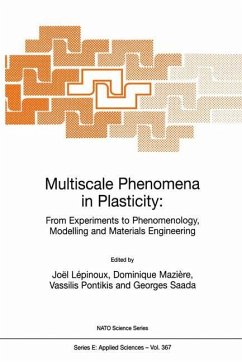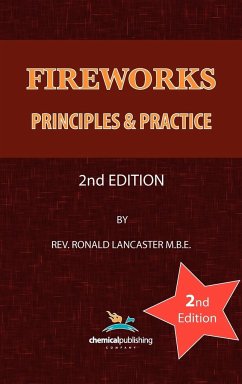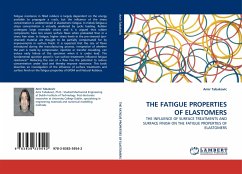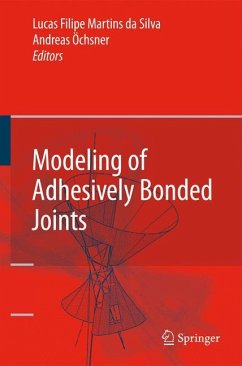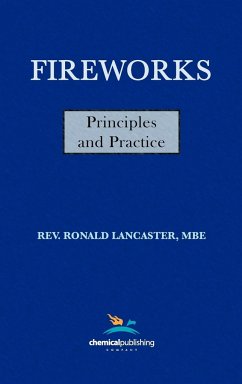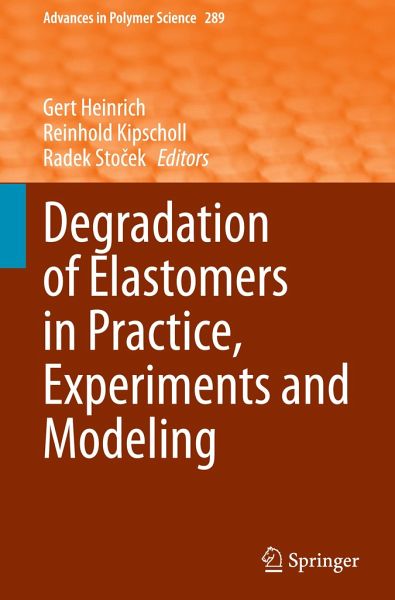
Degradation of Elastomers in Practice, Experiments and Modeling

PAYBACK Punkte
84 °P sammeln!
This volume describes new insights into the main aspects of rubber degradation by material¿s fatigue, wear and aging evolution, as well as their impact on mechanical rubber properties. It provides a thorough state-of-art explanation of the essential chemical, physical and mechanical principles as well as practices of material characterization for wear prediction, and to convey or define novel strategies and procedures of planning effective wear test programs. The initiating factors of abrasion, the development of surface abrasion on sharp and blunt tracks (so called cutting and chipping) and ...
This volume describes new insights into the main aspects of rubber degradation by material¿s fatigue, wear and aging evolution, as well as their impact on mechanical rubber properties. It provides a thorough state-of-art explanation of the essential chemical, physical and mechanical principles as well as practices of material characterization for wear prediction, and to convey or define novel strategies and procedures of planning effective wear test programs. The initiating factors of abrasion, the development of surface abrasion on sharp and blunt tracks (so called cutting and chipping) and the influence of smear and lubricants is also summarized. The volume is of interest to research scientists in related fields from academia and industry.





